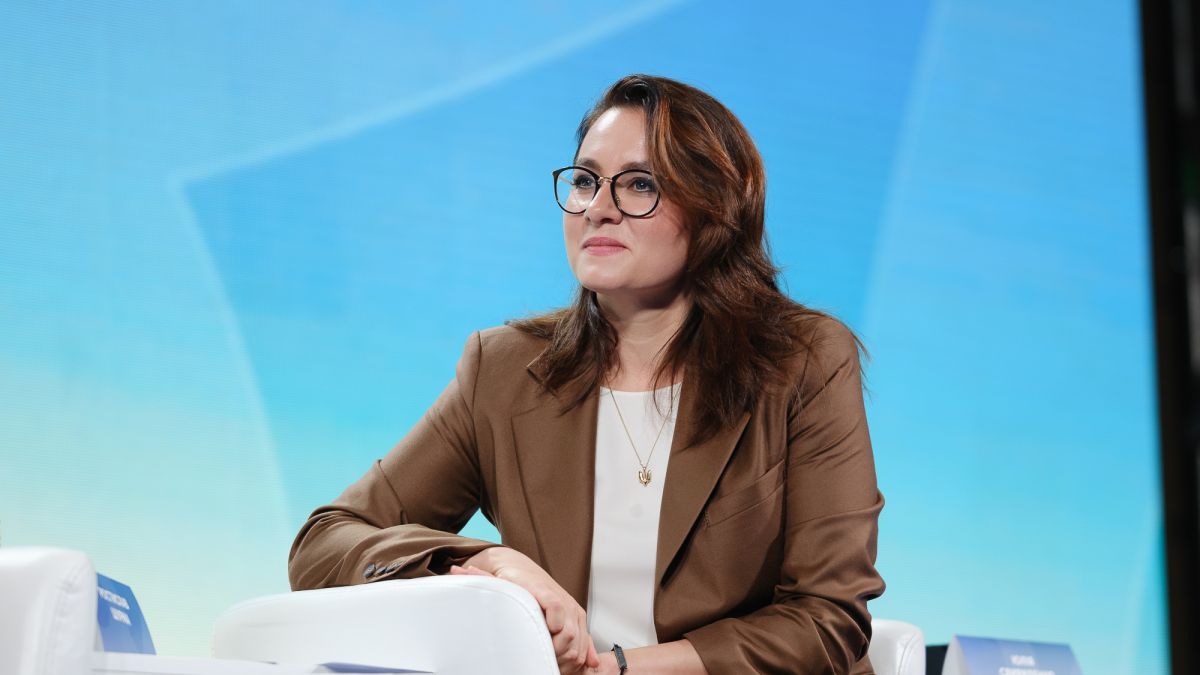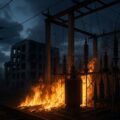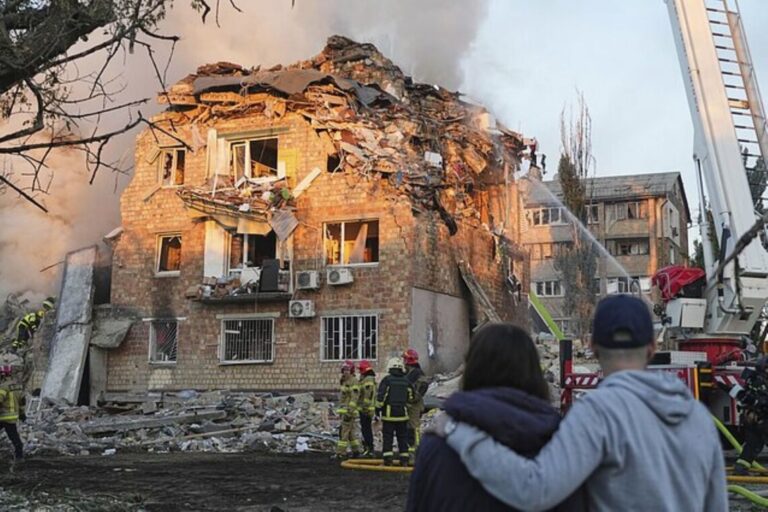
Ukraine prepares business inspection moratorium: key decisions and changes for 2025
July 20 marked the day when the government announced several decisions that could fundamentally change the rules of the game for business and infrastructure in Ukraine. Prime Minister Yuliia Svyrydenko stated: Ukraine is preparing for a one-year moratorium on most inspections, and conscientious businesses should receive greater freedom of action. This issue has already been coordinated with the President and, according to the prime minister, his instruction was clear: “give more freedom to domestic economic forces.”
The government, together with law enforcement agencies and under the coordination of the National Security and Defense Council, is preparing a decision to limit interference in the work of entrepreneurs.
“A one-year moratorium on inspections is planned,” Svyrydenko stated.
She emphasized that it is not only about reducing the number of supervisory visits but also about changing the very logic of oversight.
“This also means continuing the de-shadowing of the economy, ensuring equal conditions that benefit white (legal) businesses.”
Tax and customs inspections are to remain only in high-risk sectors. Conscientious enterprises, according to Svyrydenko, will receive protection from unnecessary administrative pressure. President Volodymyr Zelensky set a clear task for the government back in June:
“Give business peace of mind. A long-term moratorium on inspections is protection for entrepreneurs from pressure.”
Audit of Cases and New Rules for Criminal Prosecution
A separate block the audit of criminal cases against business. Svyrydenko stressed that the priority is the closure of unfounded proceedings that block entrepreneurial activity. New criminal cases related to business, according to the new rules, can be opened only by the Prosecutor General or heads at the regional and district levels.
This should reduce the cases of pressure through formal grounds, when investigations were launched “just in case,” creating an atmosphere of uncertainty and risk for entrepreneurs.
There is also an announced strengthening of control over the legality of investigative actions and a restriction on any interference in the activities of enterprises without real cause.
Grants for Defense Industry and a New Format for State Projects
Another initiative set to start this week is a grant program for the production of ammunition and explosives.
“This is support for the defense industry and the localization of critical production. Details will be available after the government’s decision. The project is coordinated by Mykhailo Fedorov and Denys Shmyhal,” the prime minister noted.
The goal is to create conditions for the rapid launch of new production lines in Ukraine, taking into account the needs of the army and security.
“Design and Build”: Attempting to Change Public Construction
Another innovation is the launch of the experimental “Design and Build” project, which will allow for faster construction or restoration of housing, hospitals, schools, and other important infrastructure.
Svyrydenko explains:
“The very approach to construction is changing: the state will hold tenders not for design, but for the full implementation of an object turnkey. This is a European practice, known as design–build, and this approach has long been used in the EU as an effective mechanism.”
The contractor will be responsible both for developing project documentation and for carrying out construction work. The project is planned for two years.
All these steps are a response to the challenges of wartime, when the economy must remain flexible while guaranteeing security and transparency. The government publicly declares: the task is to give business “rules of the game without fear,” ensure de-shadowing, support the defense industry, and reform public construction.
Whether these promises will become reality depends on the mechanics of their implementation. But the very fact that the Svyrydenko team is bringing such initiatives to the public level indicates an attempt to shift the focus from total control to development and trust. While business is waiting not for another inspection but for concrete decisions, Ukraine has a chance to turn the page where economic freedom becomes not a privilege, but a new standard.














